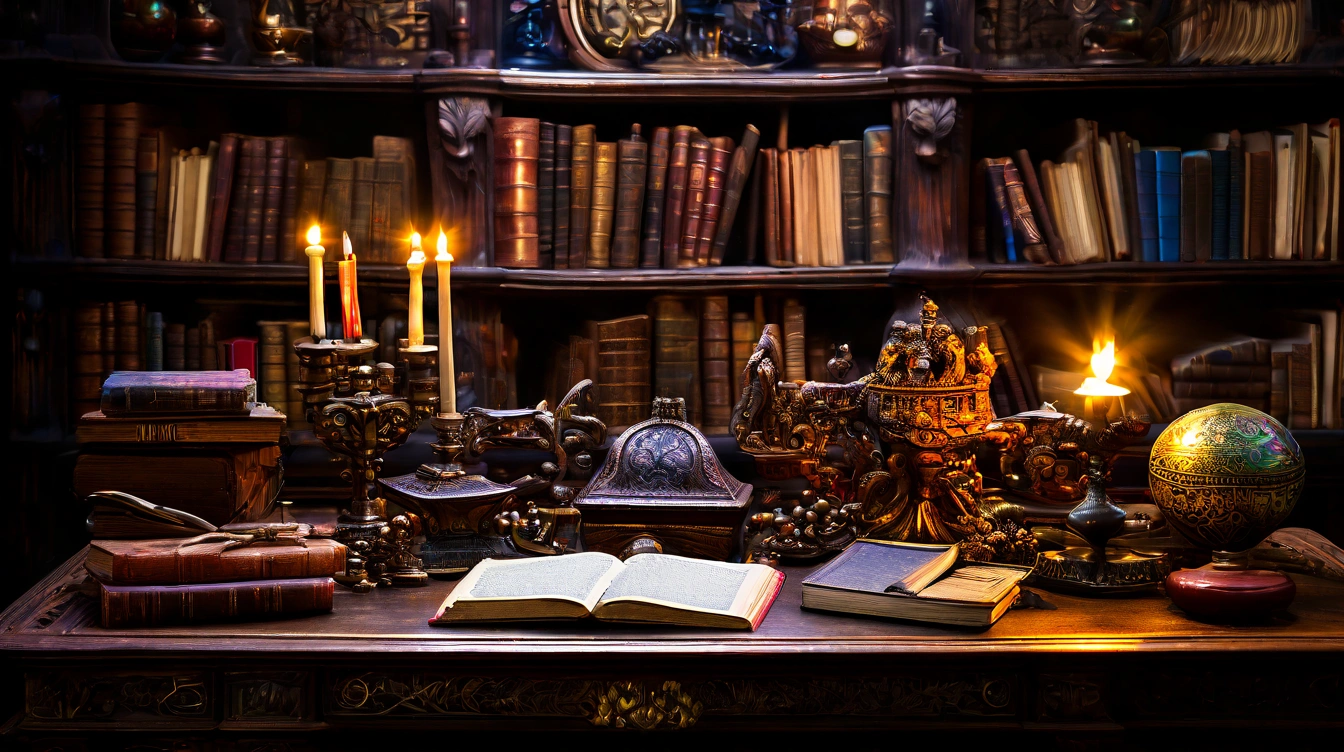Do you practice religion?
This is a question that feels deceptively simple, but for me, the answer requires a bit of unpacking. I don’t think that a “yes” or “no” answer would do in my case. So, here goes the longer version.
My religious roots
I don’t go to church these days. I don’t belong to any formal religious group, nor do I observe rituals in the traditional sense. And yet, to say I’ve left religion behind wouldn’t be quite true either. I was raised in a religious environment—church, scripture, prayer, singing in a choir were all part of my upbringing. As a child, I even dreamed of becoming a minister. In my early adulthood, I worked as a missionary, fully immersed in a life of faith and service.
But time, experience, and reflection tend to reshape even our most foundational beliefs. What I’ve come to realize is that while I may not practice religion anymore in the institutional sense, I remain deeply fascinated by it.
Bibles, newspapers, …
I used to be so applied in my biblical studies. Notably, I would bring index cards to both morning and evening Sunday services. There, I would take notes of the preaching. I kept a personal file with details about each sermon: the text that was read, the points the minister made, and my own personal observations.
My minister once said something important during one of those occasions. It may have a bearing on how I came to where I am today. “We need to read the Bible with one hand, and the newspapers with the other,” he said. To what I mentally added, “and books.” Obviously, he was making a point that we shouldn’t be alienated to what was happening to the world around us.
… and books
Religion, for me, is no longer just a matter of doctrine or dogma. It’s a window into the human soul—a vast and mysterious territory where meaning, fear, hope, and transcendence intertwine. Two books have deeply influenced my thinking in this regard. The first is The Varieties of Religious Experience by William James. The second is The History of Religious Ideas by Mircea Eliade. Both works argue, in their own way, that religious experience is not bound by orthodoxy or institutions. Instead, it’s a fundamental aspect of being human, and it often flourishes outside the walls of organized religion.
Orthodoxy versus Heterodoxy
This is where my interest in Western Esotericism comes in. From alchemy and astrology to Gnosticism, Hermeticism, and the Tarot tradition, I find in heterodox paths a kind of spiritual counterpoint to orthodoxy. These alternative frameworks don’t merely oppose the mainstream; they challenge it, enrich it, and offer a parallel history of belief—one that’s often more symbolic, intuitive, and inward-looking. They show that religious imagination has always extended beyond the boundaries of accepted dogma.
Not an “yes” or “no” answer
So while I may no longer pray in the ways I once did, I continue to explore religion. Perhaps now I do so more as a seeker than a follower. So, you see, this is not a matter of “yes” or “no” to me. I see spirituality not as a fixed identity. Instead, I view it as a field of inquiry. It is a dialogue between inner experience and cultural tradition.
Religion may not be something I practice anymore. But it’s still very much a part of how I think, how I question, and how I search for meaning.
